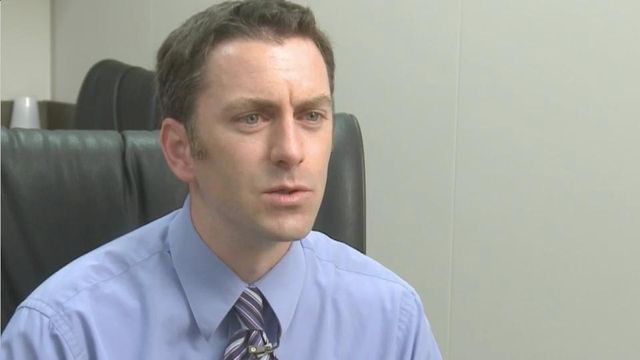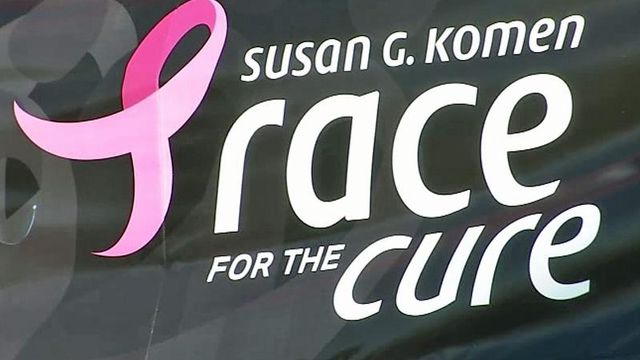Genetic counseling important in combating breast cancer
Hereditary breast cancer only accounts for five to ten percent of all cases. Still there are many reasons why women, and some men, would seek genetic counseling and perhaps testing.
Actress Angelina Jolie's recent announcement that she sought genetic counseling, testing and decided to have a prophylactic mastectomy has greatly increased interest in this topic.
Jolie's mother died from breast cancer and both tested positive for the BRCA 1 gene mutation that increases the risk of breast cancer at a young age.
It highlights the critical decision making process in which a genetic counselor, trained in dealing with cancer patients, is so important.
“So we deal with people who are concerned about cancer running in their families,” said Duke Genetic Cancer Counselor Adam Buchanan.
Buchanan specializes in counseling clients about their genetic risk for cancer.
Once they test positive for a known gene mutation like BRCA 1 or 2 patients can be overwhelmed by the options.
“Our position is not to tell them what to do, as much as we can and really help them make the best decision for them, and that differs from person to person,” said Buchanan.
BRCA 1 and 2 are most common known gene mutations for breast cancer but Buchanan says there are others, although very rare.
“It's still higher than most people risk and we can test 15 to 20 of those genes at once,” Buchanan said.











